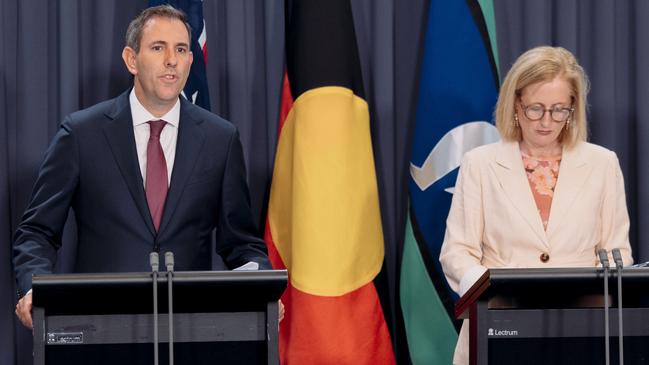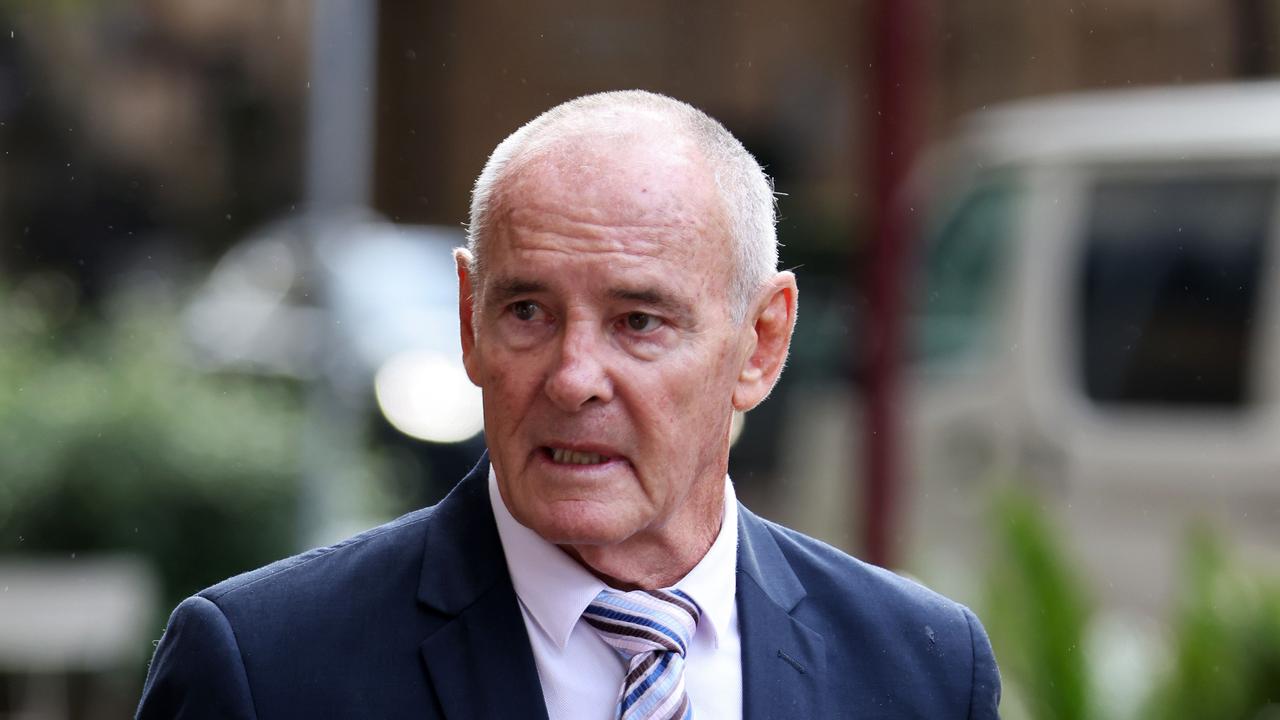Too early to loosen budget purse strings, economists say
Experts are urging the Albanese government in the May budget to stay focused on the task of getting inflation back under control.

Economists are urging the Albanese government to maintain spending discipline in the May budget and stay focused on the task of getting inflation back under control, despite the economy’s near stagnation into the end of 2023.
As reports emerge of growing discontent among federal Labor ministers unable to get spending proposals through the powerful expenditure review committee, Jim Chalmers over the past week has foreshadowed a loosening of the budget purse strings as the policy focus shifts away from containing inflation to shoring up anaemic growth and preventing recession. “We will maintain a primary focus on inflation, but not a sole focus on inflation,” the Treasurer said on Thursday.
“As the risks shift in our economy, the balance shifts in our budget strategy as well, and I think people will see that in May.”
Inflation dropped dramatically through last year, from a peak of 7.8 per cent at the end of 2022 to 4.1 per cent in December, while monthly inflation figures show consumer price growth fell as low as 3.4 per cent in the year to January.
But the Reserve Bank board is keeping all options open, signalling it’s still not confident inflation is heading back to the midpoint of its 2-3 per cent target range.
AMP chief economist Shane Oliver said the economy was “skating on thin ice”, but it was “too early to talk about big increases in government spending now”.

“The best thing you can do for most households is to get interest rates down,” Dr Oliver said. “He (Dr Chalmers) has been right to apply most of the extra tax revenue over the past 18 months to getting the deficit down or paying down debt.
“That said, the equation has shifted, and it’s more of an issue of how much growth will slow down, and whether we have a recession or not.”
Dr Oliver said one concern was that the government had become a bigger share of the economy in the wake of the pandemic, breaking out of a 30-year range of between 24-26 per cent of national GDP to closer to 27 per cent – and climbing – as higher spending is baked in on defence, health and the NDIS.
“So if you increase government spending you potentially are locking in a further expansion in the government as a share of the economy. That has implications in terms of productivity, as the public sector is not as productive,” he said.
Jarden chief economist Carlos Cacho said Dr Chalmers’ foreshadowing of a less austere budget was reasonable in the context of a changing economy, but was also politically motivated ahead of what is assumed will be a federal election in May 2025.
“I’d say it (the Treasurer’s comments) need to be viewed in the context of the election cycle,” Mr Cacho said.
“The budget is clearly tracking much better than expected, and we’re likely to see another surplus in this financial year. Yes, FY25 will be a bit worse, but Treasury’s forecasts for commodity prices remain very conservative.
“Naturally, the government is looking to give some of that back, and cost of living is putting a lot of pressure on households.”
But it was much too soon to be considering fiscal stimulus, Mr Cacho said. “It’s a balancing act. I don’t envy the government. It’s tough managing the economy through these times. There are a lot of households under pressures, but at the same time you still do have an inflation problem.”
The RBA board next meets on March 18-19, with analysts not expecting a major shift in rhetoric about the potential for rate cuts.




To join the conversation, please log in. Don't have an account? Register
Join the conversation, you are commenting as Logout